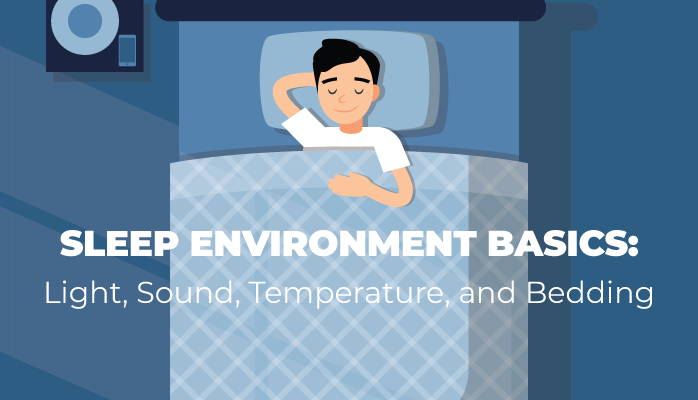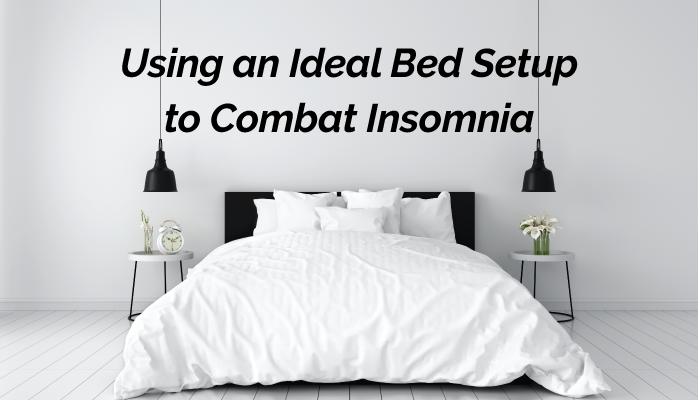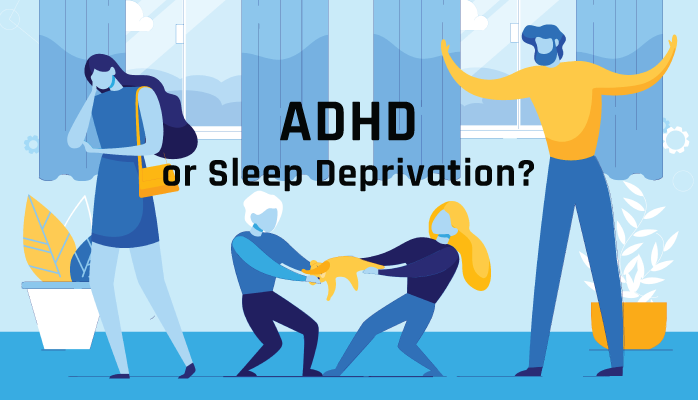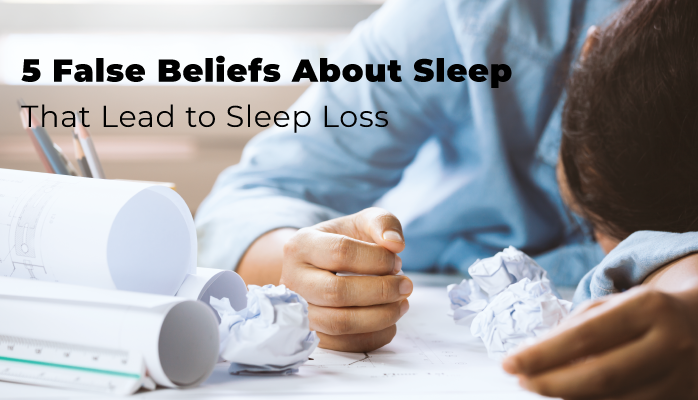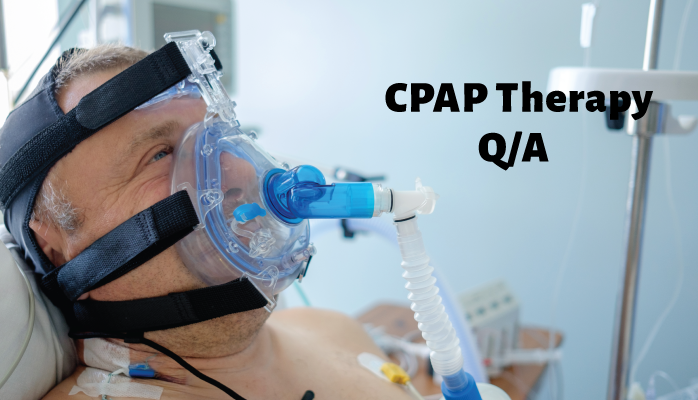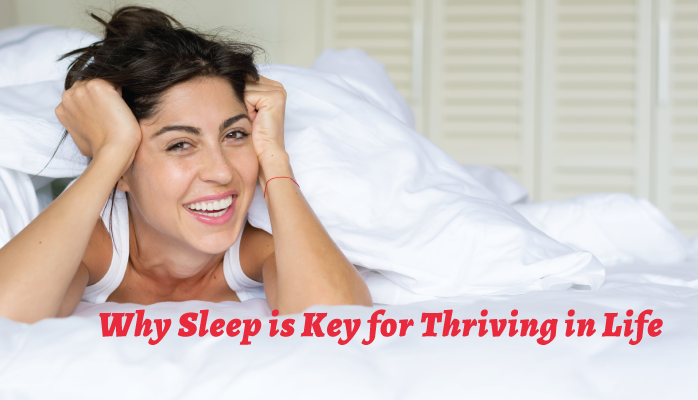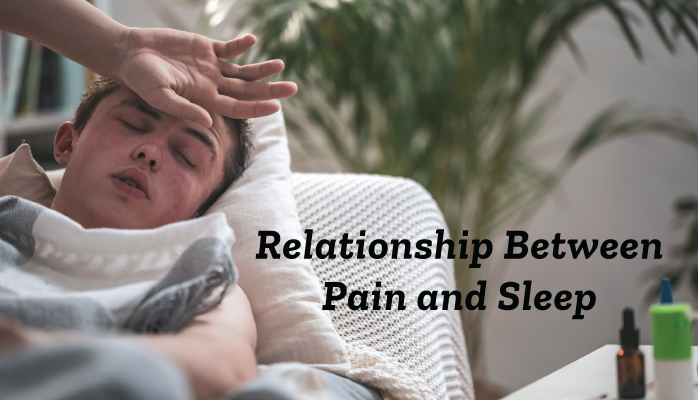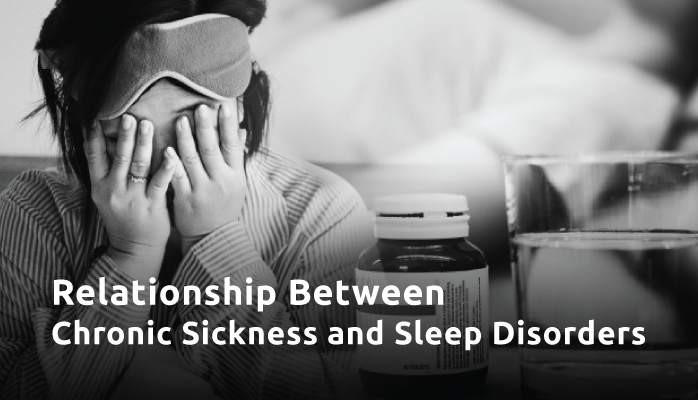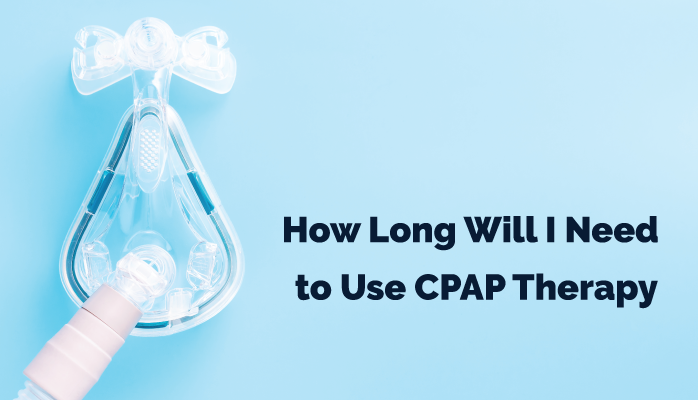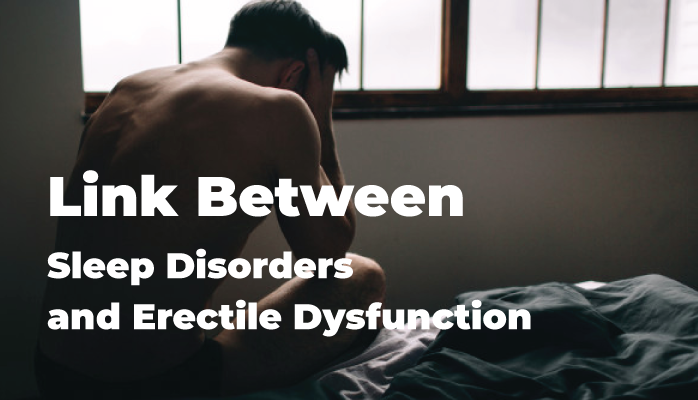Why Sleep Environment Matters
If you are looking for ways to improve your sleep quality overall, one of the easiest ways to start is to begin by taking inventory of how your bed and bedding may be adding or subtracting to the overall experience. Take a second to think about your bedding right now. Does it make you feel like you want to climb right into bed? Or is it lumpy, scratchy, or just downright too hot?
It was one said that there are two things in life not to skimp out on: comfortable shoes, and comfortable bedding. The logic is that when you are not in one, you are in the other!
While this is not exactly true, the point remains that having comfortable bedding can support an overall quality of sleep, which can lead to an overall improved quality of life. While there are a lot of ways to improve sleep quality, in this article you will see a few interesting and potentially new ideas.

